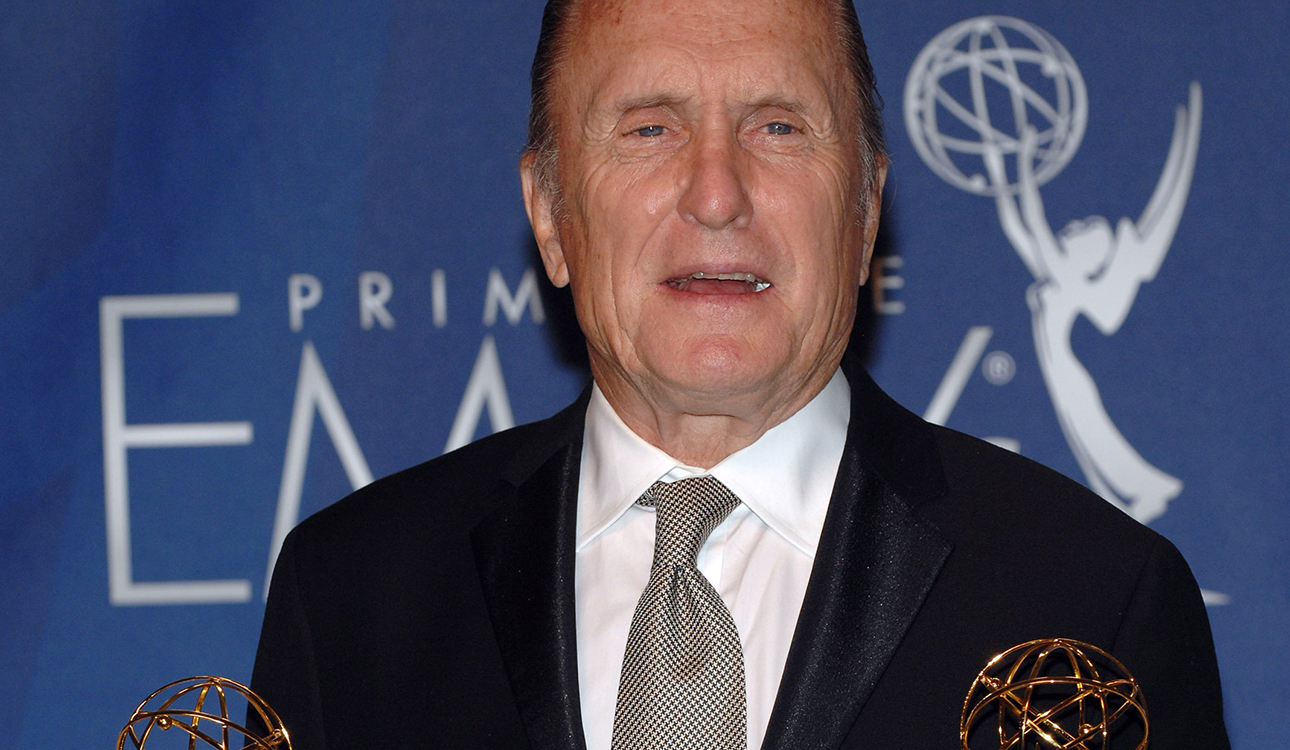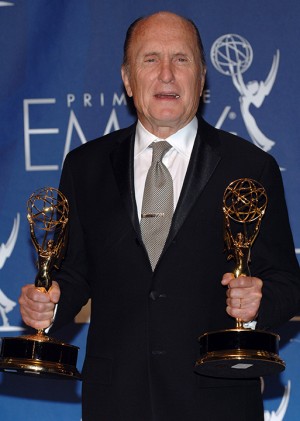

By Steve Appleford
Los Angeles Times via McClatchy-Tribune
AUSTIN — Robert Duvall first came to Texas when he was 10, a San Diego military brat on a visit to his mother’s family. It would be his first time on a horse, and his first encounter with the people he would later come to know so well.
“These aunts would back up to the fire and lift their skirts to warm their behinds, and I never saw that before,” says Duvall, now 83, sitting with a bowl of soup at this city’s old Driskill Hotel. “The name of the family was Hart, so we said ‘They warmed their hearts.’”
He’s never lived in the Lone Star State, but he was embraced as a cultural icon here after his acclaimed performance as Capt. Gus McCrae of the Texas Rangers in “Lonesome Dove,” the 1989 TV miniseries based on the epic Larry McMurtry novel. It remains Duvall’s favorite role, and in 2011, he was made an honorary ranger.
“‘Lonesome Dove’ is a big thing down here,” Duvall says, looking fit in a puffy black vest over a long-sleeved shirt, a painting of the Texas star and the word “Friendship” hanging nearby. He draws a comparison to a 1972 classic from his career: “I remember walking into the mess hall one day on ‘Lonesome Dove.’ I said, ‘Boys, we’re making a “Godfather” of Westerns.’”
As the aging, ill-tempered modern rancher Red Bovie, Duvall returns to Texas in “A Night in Old Mexico,” which had its North American premiere earlier this month at the South by Southwest film festival in Austin. He describes Bovie as “like the descendant” of the rangers from “Lonesome Dove,” but caught at a moment of real despair. After losing his land in foreclosure after four generations in the family, and facing an unthinkable existence confined to a trailer park, the old cowboy prepares for suicide.
His plans suddenly change when he meets Gally (Jeremy Irvine), an adult grandson he never knew he had. “It’s the ultimate surprise: The day you lose your ranch, this kid shows up — the product of a son that ran off and left you, from a wife that ran off and left you,” says Duvall.
Together, the duo cross into Mexico in search of good times and escape in a journey through bars and bordellos and scenes of abrupt violence and possible romance. “A Night in Old Mexico” was written by William D. Wittliff, who also scripted “Lonesome Dove,” and is directed by Emilio Aragon. It opens in May.
Since Duvall’s beginnings as an actor in the 1950s, his roles have taken a varied path through the urban and the rural — from director George Lucas’ dystopian debut, “THX 1138,” to the mysterious hermit in 2009’s “Get Low.” For Francis Ford Coppola, he was the Irish consigliere in two “Godfather” films and a surfing Lt. Col. Kilgore in “Apocalypse Now” (“I love the smell of napalm in the morning!”).
Nominated six times for an Academy Award, he won for lead actor as a fallen country singer in 1983’s “Tender Mercies.”
Westerns have been part of his repertoire since appearing in TV cowboy dramas early in his career, but his first major role on horseback was in 1969’s “True Grit,” starring John Wayne. He enjoyed working with the veteran Hollywood star, who dominated the Western genre until his death in 1979.
“He was a good guy, and maybe underrated. When you see ‘The Shootist’ (from 1976), he was wonderful,” says Duvall, recalling Wayne’s final role as a gunman diagnosed with cancer. “He really had an ailment — cancer, whether he consciously or unconsciously used it (in his performance).”





